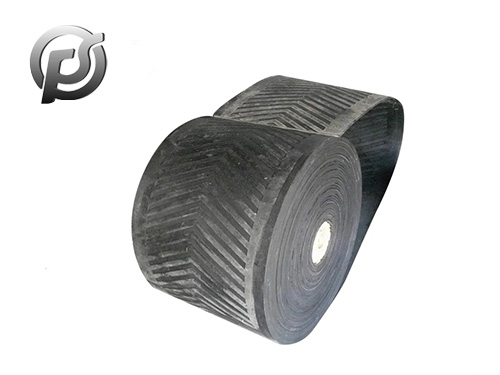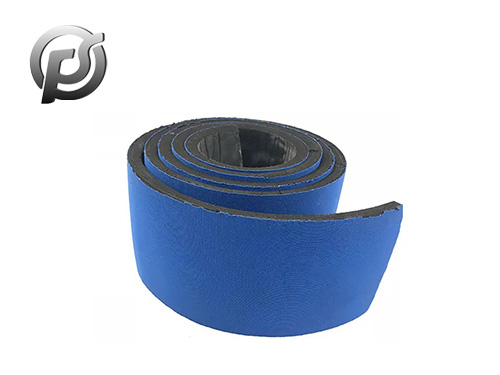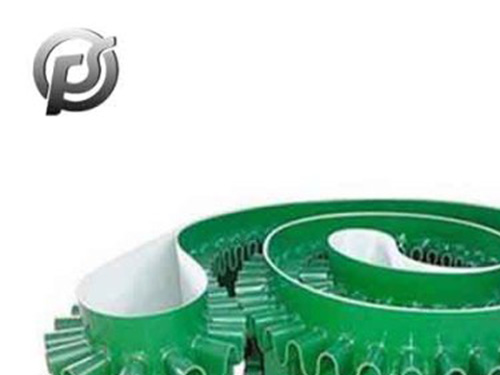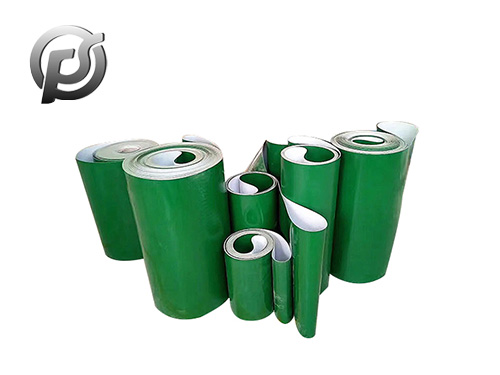The
industrial conveyor belt is a vital component in the landscape of manufacturing and material handling, seamlessly linking various stages of production with precision and efficiency. This article delves into the key features, applications, and pivotal role of
industrial conveyor belts in streamlining diverse industrial processes.
Characterized by a robust construction,
industrial conveyor belts are designed to transport a wide array of materials, ranging from raw goods to finished products. Their versatility and adaptability make them integral to the functionality of industries such as mining, automotive, food processing, and logistics.
One of the primary advantages of industrial conveyor belts is their ability to enhance operational efficiency. By automating the movement of materials within a facility, these belts significantly reduce manual labor, mitigate the risk of accidents, and optimize the overall production process. This efficiency translates into increased productivity and cost-effectiveness for businesses.
The diversity of industrial conveyor belts extends to their types and configurations, tailored to meet specific industry requirements. Flat belts, modular belts, and roller conveyors are just a few examples, each designed for particular applications such as incline or decline transport, accumulation, or high-speed conveying.
Furthermore, conveyor belts contribute to the seamless integration of manufacturing processes. They play a critical role in assembly lines, facilitating the smooth transition of components from one workstation to another. This integration not only accelerates production but also ensures precision and consistency in the manufacturing of goods.
Industrial conveyor belts are equipped with features such as variable speed control, sensors, and automated sorting systems, further enhancing their adaptability to the needs of modern industries. Additionally, advancements in materials and design contribute to their durability, reducing maintenance costs and downtime.
In conclusion, the industrial conveyor belt serves as the silent workhorse of manufacturing and material handling, enabling industries to achieve operational excellence. Its role in optimizing efficiency, promoting safety, and ensuring a seamless flow of materials positions it as an indispensable component in the landscape of modern industrial processes.

 PE Conveyor Belts: Characteristics, Applications, and Advantages
PE Conveyor Belts: Characteristics, Applications, and Advantages
 Stone Conveyor Belt: Enhancing Efficiency and Productivity in Material Handling
Stone Conveyor Belt: Enhancing Efficiency and Productivity in Material Handling
 Optimizing Operations with PE Conveyor Belts: Durability, Efficiency, and Versatility
Optimizing Operations with PE Conveyor Belts: Durability, Efficiency, and Versatility